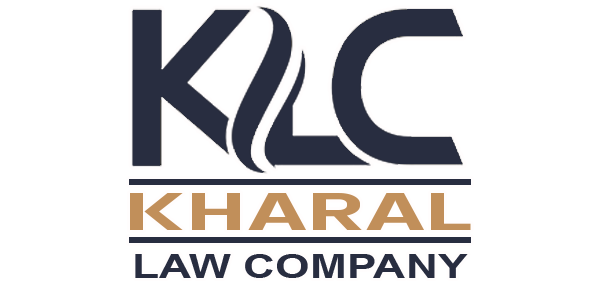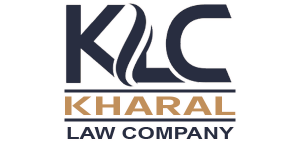A board of directors oversees and advises an organization, operates independent from company management and makes decisions to aid the company’s growth. It ensures the entity is legal and in the interests of employees, investors, and other stakeholders. Board members should possess boardandroom a broad range of knowledge and experience, and develop an environment of trust and transparency.
The size, composition, and structure of a board will vary depending on the kind of company. This includes whether it is publicly traded (as a public company) or privately owned (private or limited), or owned by employees or family members (family-owned). Each board’s governance is governed by its own set of rules, which may be defined in the articles of incorporation, or other bylaws.
The primary responsibility of the board is three fundamental obligations.
A well-rounded Board includes members with a range of backgrounds and experiences. They are experts in their fields, but also generalists who can observe things from a helicopter’s view. They are not afraid to ask tough questions and question management’s assumptions. The best boards encourage diversity and promote collaboration, communication, and trust.


